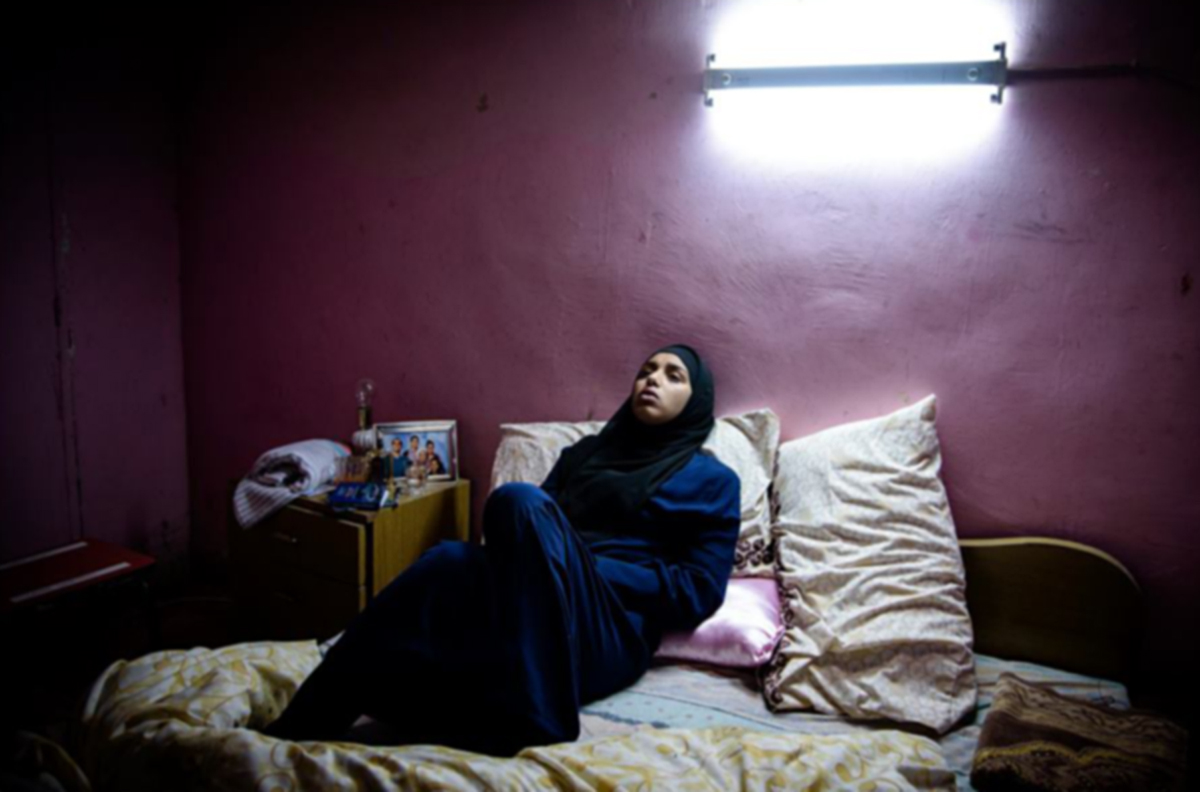
- Golden Globe Awards
Layla M. (The Netherlands)
Layla M., a Dutch entry in the 2018 Golden Globe race for Best Foreign-Language Film, is a hard-hitting drama about Islamic extremism.Layla, the protagonist, is a Dutch girl with Moroccan roots who joins a group of radical Muslims. Born and raised in Amsterdam the 18 year-old-girl is smart and stubborn. But her Moroccan background makes her a suspect in times of constant terrorist threat. While her frustration grows, her faith intensifies and she joins a group of radical Muslims who fight for the Islam. When she is arrested, her anger explodes and her only solution is to leave her home and marry Abdel, a radical she has been flirting with. When they get involved in a shootout between a group of young jihadists and the Belgian police they flee to the Middle East. There, Layla encounters a world that nurtures her ideas, but where she doesn’t fit either. Netflix has acquired the international rights for Mijke de Jong’s drama also chosen as the Dutch representative at this year’s Academy Awards. The movie also premiered at last year’s Toronto International Film Festival.De Jong (1959) was born in Rotterdam and studied in Amsterdam at the Netherlands Film Academy. There the director was part of the Dutch radical activist group “Onkruit”. Her social mind is still present in all her filmography as her movies center on topics such as bullying, family problems and outcasts, all filmed in a semi-documentary style.Her international breakthrough came with Bluebird, for which she won a number of awards, including the Crystal Bear at the 2005 Berlinale. Her other credits include Stages, Katia’s Sister, Joy and Frailer. Layla M. is de Jong’s ninth feature film.According to de Jong, Layla is a vulnerable heroine. “I recognize many patterns from my own youth in Layla’s story: the passion and commitment to social injustice, and the black-and-white simplistic way of thinking that it’s “us against the world.” When I arrived in Amsterdam in the 80s, my life consisted on campaigns and demonstrations. The more radical, the better. I was looking for structure, for a family, for my identity. That was 30 years ago”, accepts the filmmaker in an interview.Together with Jan Eilander, who is largely responsible for the screenplay, de Jong decided to make a film set in a multicultural, upside-down society. “We started four years ago. The Arabic Spring had just begun and young Muslims from all over Europe were radicalizing and moving to Syria. We saw resemblances to the freedom fighters from the Spanish civil war but, like Layla, we didn’t know how violent and endless the battle would become”, summarizes the director.